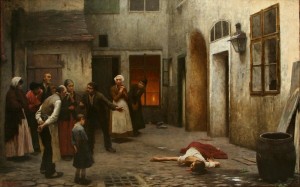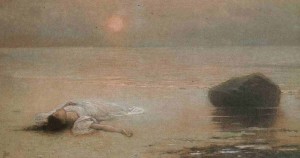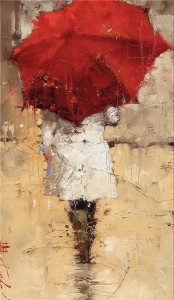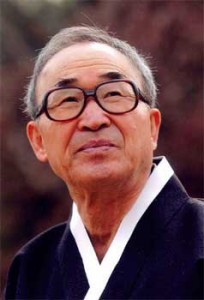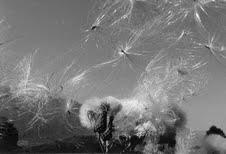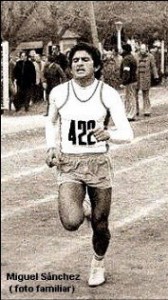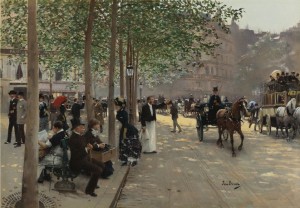It sounds trite and boring to repeat it. Some of these killings have already announced before completion of their sad and then they are subsequently accompanied justifications that the blame due to unbalanced or marginalized.
But the bad man is a relative or trusted friend. The hypocrisy speaks of love and jealousy and it transposes it into a biological inability to restrain himself by the male. For sure it’s the woman’s body that continues to be violated after death in the images, in legal procedures and the reconstruction of the events.
We speak of an emergency. But it is not a phenomenon of today this murder with the obvious desire to annihilate a living being that is considered inferior by the violent as a mere object available.
These tragic events are narrated with shock and paralysis, and they are concluded with a general exhortation to understanding and combating of ‘phenomenon’.
The males refuse to turn over the matter and their victims: they are eclipsed.
Now, without invoking the common sense, intellectual honesty, the basic principles of ethics and law, it is sufficient for males to listen to your body.
Think about it, we males fugitives as if we were sprawled on the ground, undressed, with blood and urine, and the gaunt face in front of everyone, maybe neighbors who are scratching your head, sit down and nose and exchange phrases in the look for land , with the inevitable idiot which ranks near the cameras of some journalist. Think only physically in the cold, the stench in your body. Just this.
And of course everyone looks unhealthily the victim (on the street, in newspapers, on television) without thinking about the murderer. Where is the murderess? It is the husband? The father? The brother? The victim in front of the public without compassion.
Jakub Schikaneder, “Murder in the house”
– Picture taken HERE
Security is not everywhere: water, sun faded, sand and sea are already a hazard. And this is a lie: the one who generates life is offended by the complement of male generation that believes one unshaken principle.
She is alone: think of males in vain to ask for help to relatives, friends and judicial authorities. Imagine us walking the streets seeing everyone happy or upset to the everyday problems and feel marked and liable to be seized and crushed at any moment in front of indifferent gaze. Feel it in the stomach this horror. Listen in your veins awareness of being massacred in short, where even the crying will be punished.
Jakub Schikaneder – Picture taken HERE
There are itchy hands? You feel the anger growing inside you? Here you multiply that feeling by a thousand in the stomach, knowing they can not do anything and that all this will explode inside. Imagine you how to get mangled trunks without memory in a dirty beach and desolate.
The red umbrella with traits defined as follows, with respect to the forms almost liquefied, picks up the warmth of the heart and the soul and reflects it to the surrounding environment. The rain does not refreshes: afflicts slowly to normality as an inevitable compulsion. The body of the woman and her walk are imposed by rains that cut and not soothe, like tears of acid. There is a mock sun and obscured by cultural requirements and power, which are passed off as natural and eternal.
Andre Kohn – Picture taken HERE
Dear males think about the normality of every day, which is made of gray and oppression, like a simple to walk and dress imposed. Just think just that.
